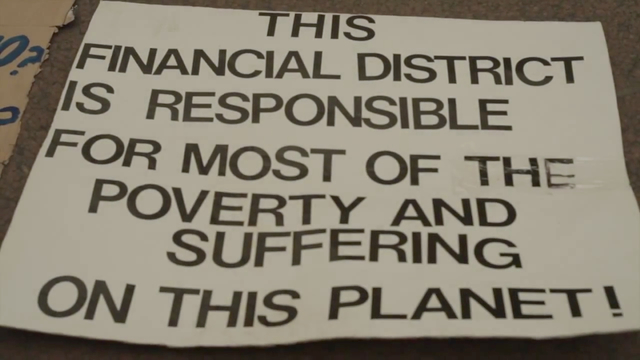event
Second Event of the Disruption Network Lab In cooperation with Kunstraum Kreuzberg /Bethanien
Kunstquartier Bethanien, Studio 1, Mariannenplatz 2, Berlin, May 29-30, 2015.
This two days event presents keynote speeches, panels and live cinema connected with the understanding of cyborg identities, while exposing power structures embedded in technology and our everyday life. The event is built around the international book launch of The Cyborg: A Treatise on the Artificial Man, written by political Sci-Fi theorist Antonio Caronia (Genoa, 1944 – Milan, 2013), published by Meson Press / Hybrid Publishing Lab, Leuphana University of Lüneburg. Starting from the book of Caronia and going beyond it, the analysis will culminate discussing the most recent frontiers of biotechnology and transhumanism.
Read

